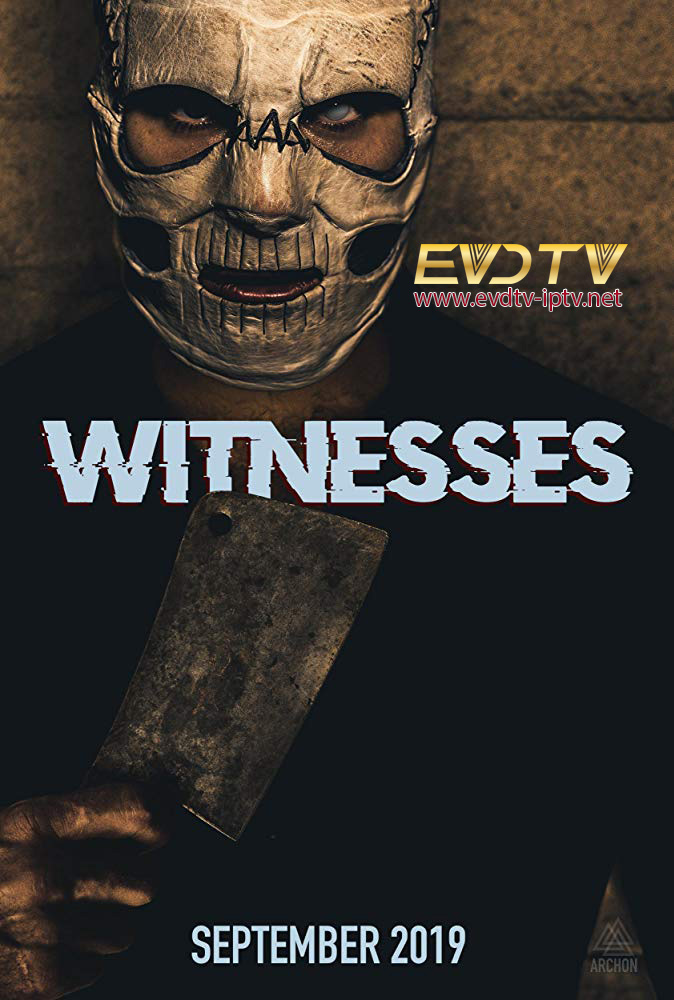


Then it turns out that Bobby's theory was entirely correct. It takes a very strange turn when the guy they accuse commits suicide. In one episode, Eugene and Bobby try this in a murder trial, and Bobby gets chewed out over it by Ally McBeal herself, who asks him whether he really believes that the witness did it (Bobby doesn't).

The suddenness and accuracy of Lindsay's accusation caused the wife to panic and plead the Fifth, leading to the judge directing a not guilty verdict and saving the defendant.
#THE WITNESS TV TROPES TRIAL#
Bones: In "The Verdict in the Story", the defense at Max Brennan's murder trial establishes reasonable doubt by showing that the murder could've been committed by Temperance, who, working with the defense, is the one who came up with the idea of pulling a Plan B on herself.It almost worked for the defense, too, but the perp's key witness, his girlfriend, was so unconvincing that by the end the jury were laughing at her. note This scene is an almost word for word mirror of a scene from the Homicide: A Year On The Killing Streets true crime book that inspired the series. Danvers notes that the son was at the scene, knew the victim and provided the bullets used to kill the victim and would thus make a terrible witness as the defense attorney would simply take all of that information and use it to set up the witness as the perfect alternative murderer, gaining them an acquittal. Kay Howard and Ed Danvers, while going over trial strategy on the Pony Johnson case, argue over the use of one of the victim's sons (and Pony's friend and drug mule) as a witness.

Homicide: Life on the Street: A further subversion in an earlier episode.They have no intention of following through on prosecuting her once her husband cooperates, but when they process her, her fingerprints match ones found at the murder scene, meaning she's far more involved than anyone would have ever suspected. advises them to put pressure on him by arresting his wife (she has a tenuous link to the fund, just enough to consider her a co-conspirator). He's willing to testify against the mafia if he gets a generous plea deal, but because he defrauded several charities among his numerous victims, the publicity for letting him plead down would be terrible. The defendant is on trial for running a Ponzi scheme and suspected of murdering a reporter who was getting close to the truth.
#THE WITNESS TV TROPES PLUS#
In both instances, the DAs will lampshade the desperation nature of the ploy, plus the likelihood that if the defendant doesn't bite, the presiding judge may not even let them follow through on their threat. They'll also occasionally threaten to expose personal information that the defendant would rather go to jail than have made public (which seldom raises any questions as to whether they might be innocent and confessing just to keep their secret hidden), to achieve the same end.


 0 kommentar(er)
0 kommentar(er)
